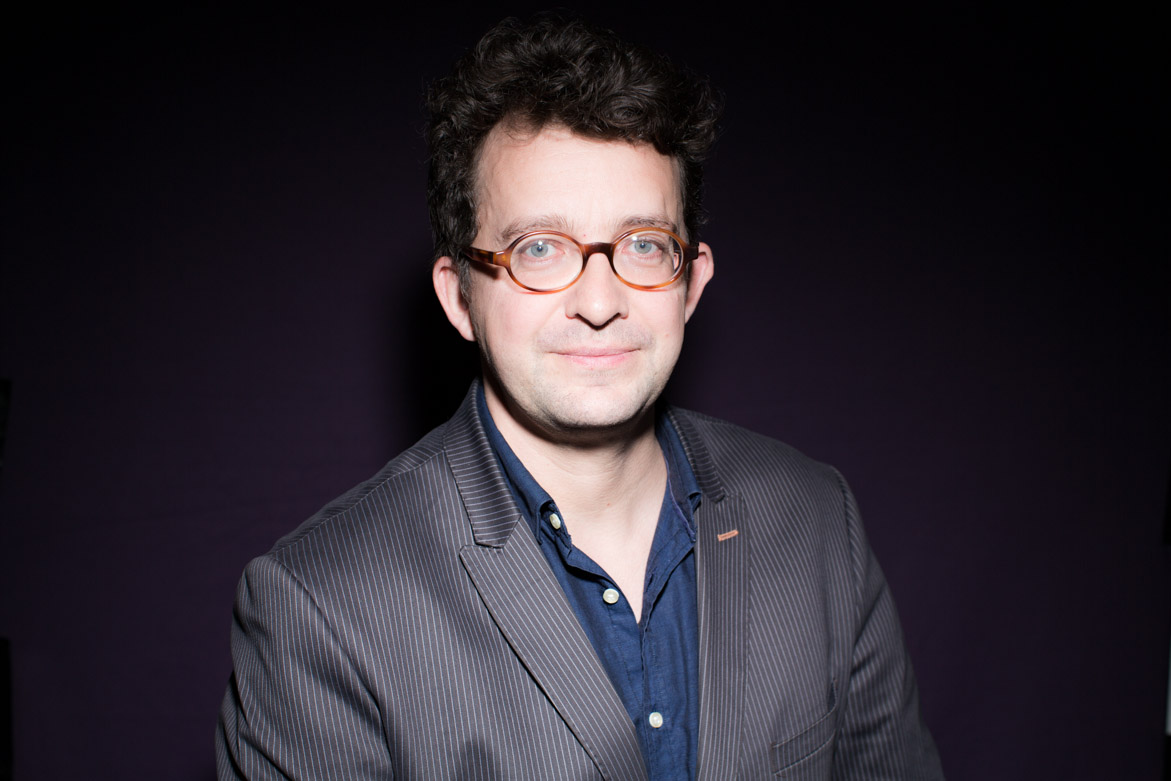
Practical information
A "Les Jeudis de l'Ifri" videoconférence around Alain ANTIL, Director of Ifri's Sub-Saharan Africa Center, and Sina SCHLIMMER, Research Fellow at the Sub-Saharan Africa Center.

By 2050, the population of sub-Saharan Africa will double and more than 50% of it will live in cities. How to provide and finance the urban infrastructure necessary to accommodate more than 500 million urban dwellers who will reach African cities? To what extent does this urbanization put Africa's traditional partners (Europe) in competition with emerging players (China, Russia, Gulf States).
Chair : Thomas Gomart, director of Ifri.
This debate is for corporate members only. It will be conducted in French.
Speakers
Find out more
Land Governance in the Outskirts of African Cities. Socio-Economic Challenges of Growing Peri-Urban Land Markets
Between 2020 and 2050, Africa’s population is expected to double, and the continent will be home to 2.5 billion people. Almost half of this population will be living in urban agglomerations. Metropolitan cities, such as Lagos, Nairobi, Dar es Salaam or Abidjan will host several tens of millions of urban dwellers. Peri-urban areas are most affected by the cities’ expansion and undergo important social, political, and economic transformations.








